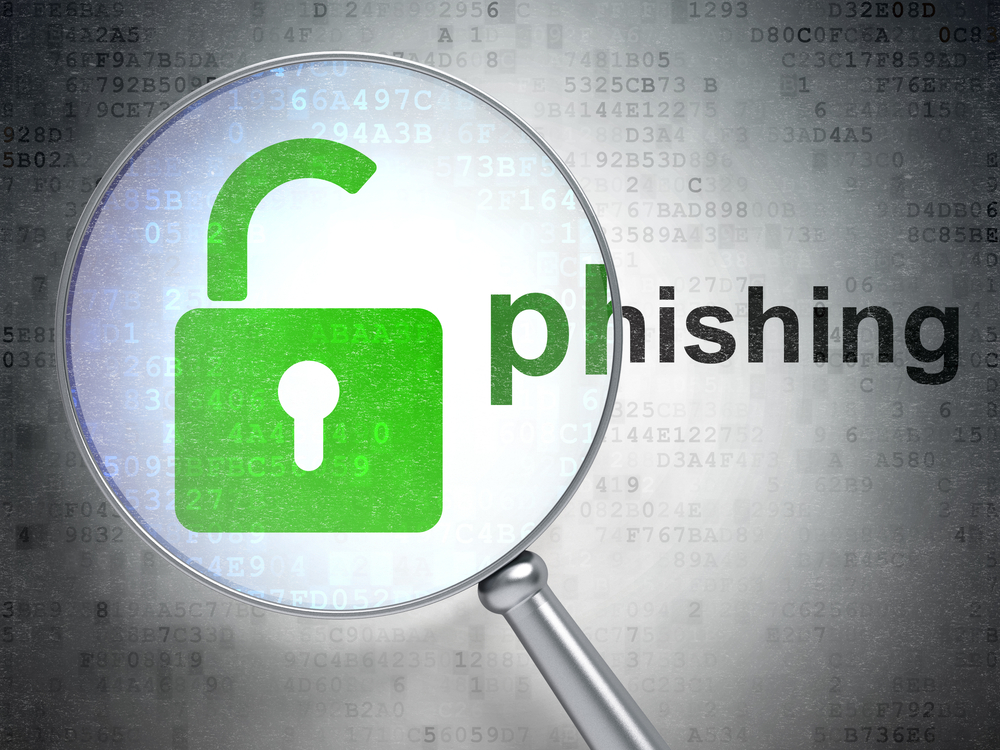
Linux kernel found to have a trio of 15-year-old vulnerabilities that could allow root access
Linux-based operating systems are generally recognized as being far more secure than the likes of Windows and macOS -- but that's not to say they're without their flaws. Illustrating precisely this is the discovery of no fewer than three vulnerabilities in the Linux kernel that could be exploited to gain root access to a system.
That researchers from cybersecurity firm GRIMM managed to find so many vulnerabilities in the Linux kernel is one thing, the fact that they have lain there undetected for 15 years is quite another.

Why SASE is vital for the cybersecurity industry [Q&A]
One of the frameworks that has received greater attention since the acceleration of digital transformation is Secure Access Services Edge (SASE).
But what does its adoption mean for the security industry and how can enterprises best take advantage of SASE? We spoke to Mary Blackowiak, senior product marketing manager at AT&T Cybersecurity, to discover more.

Cryptomining impacts 69 percent of organizations
In a new report into DNS security, Cisco Umbrella, which processes 620 billion DNS requests daily, finds that from January to December 2020 cryptomining generated the most DNS traffic out of any individual threat category with 69 percent of organizations discovering cryptomining connections.
In addition nearly 90 percent of organizations had at least one user attempt to connect to a phishing site, peaking drastically in the second half of the year.

Secure web gateway allows isolation of mobile devices
As mobile device usage continues to grow within enterprises the security risk increases too. Mobile browsers get patched less often and other threats come from phishing and malicious document downloads.
To combat these problems Menlo Security is extending its cloud-based Secure Web Gateway (SWG) to include web isolation for mobile devices.

Third-party attacks make up a quarter of healthcare breaches
New research from Tenable's Security Response Team finds that third-party attacks accounted for over a quarter of breaches disclosed over the past year.
More worrying is that a breach of a single company linked back to 61 healthcare customers. The research reveals the impact of third-party attacks, how hard the healthcare sector has been hit by cyberattacks and just how rampant ransomware has been during Covid-19.

Zero trust helps protect shift to remote work
A new report from Akamai looks at the technology shifts and usage patterns of 2020 noting a 30 percent jump in internet traffic thanks to COVID-19 lockdowns.
It also highlights criminals taking advantage worldwide, targeting all business sectors and industries, including information technology and security.

Apple releases important Big Sur and iOS updates to fix WebKit vulnerability
Apple has issued a couple of important security updates for its desktop and mobile operating systems. The company has released iOS 14.4.1 and macOS 11.2.3, both of which are described as being "recommended for all users".
The reason for this is simple -- these are important updates that patch a memory corruption bug that could be exploited by malicious websites. This is in addition to the vulnerabilities that have already been patched in another iOS update last month.

Over $200 billion at risk if top brands suffer a data breach
A new report looking at the long-tail impact data breaches have on a brand's value shows that the world's 100 most valuable brands could lose as much as $223 billion from a data breach.
The study from IT consulting firm Infosys and brand consultancy Interbrand looks at the brand factors most impacted when a company suffers a data breach -- presence, affinity, and trust -- and simulates the resulting brand value at risk in the event of a breach.

Browser patch lag can put home workers at risk
Remote working continues to present a security problem for businesses and an issue that is often overlooked is the delay in patching browsers.
New research from Menlo Security looks at the importance of this issue for both desktop and remote users, focusing particularly on Google Chrome.

The changing role of women in cybersecurity
Today's International Women's Day presents an opportunity to look at the role of women in cybersecurity and get the views of some of the leading women in the sector.
As we reported last week women in the cybersecurity industry think that it could take a decade to gain equality.

Essential points to know before implementing a cybersecurity transformation program
In light of the recent explosion of cyber attacks and the changes brought about by the pandemic, there appears to be a compelling need for cybersecurity transformation. Businesses have to update their cyber defenses or risk the possibility of falling prey to persistently sophisticated attacks.
Transforming an organization’s security posture, however, is not as easy as it sounds. It takes time, expertise, and resources. One bad decision or an inadequacy in the technologies employed will render the transformation useless. Things can even become worse than the previous state. To make sure that it yields the expected benefits, organizations need to do it correctly.

Women in cybersecurity think equality will take at least 10 years
The poor state of diversity in the cybersecurity industry is shown by a new report in which 57 percent of women working in the industry believe it will take at least a decade for them to be treated as equals to men, with 20 percent believing it will never happen.
The study from the UK's Chartered Institute of Information Security (CIISec), released in advance of Monday's International Women’s Day, shows women are struggling to progress both due to the status quo of the industry and also not getting the required support.

76 percent of US employees have inappropriate access to sensitive files
A new report from vArmour shows that 76 percent of employees have inappropriate access to a sensitive file, and 76 percent were granted inappropriate access to sensitive files within the past year.
IT leaders surveyed also expressed concern about inappropriate or malicious access to applications and data, with 47 percent concerned about malicious actors impersonating employees and 41 percent concerned about inappropriate access to sensitive information.

Business applications targeted in phishing campaigns
Business-related applications such as Zoom, Microsoft and DocuSign, now account for 45 percent of impersonation-related phishing attacks as cybercriminals seek to cash in on the vulnerabilities of remote work.
This is one of the findings of a new report from email security company GreatHorn which collected data from over 580 participants working across a diverse set of roles within the information technology security market.

Online banking fraud attempts soar in 2020
Hot on the heels of yesterday's study revealing a lack of trust in online banking a report out today shows a 250 percent increase in attempted online banking fraud last year.
The research from Feedzai shows a 200 percent increase in mobile banking use, but both telephone and branch fraud rates dropping to lower levels than they had been before the pandemic.
